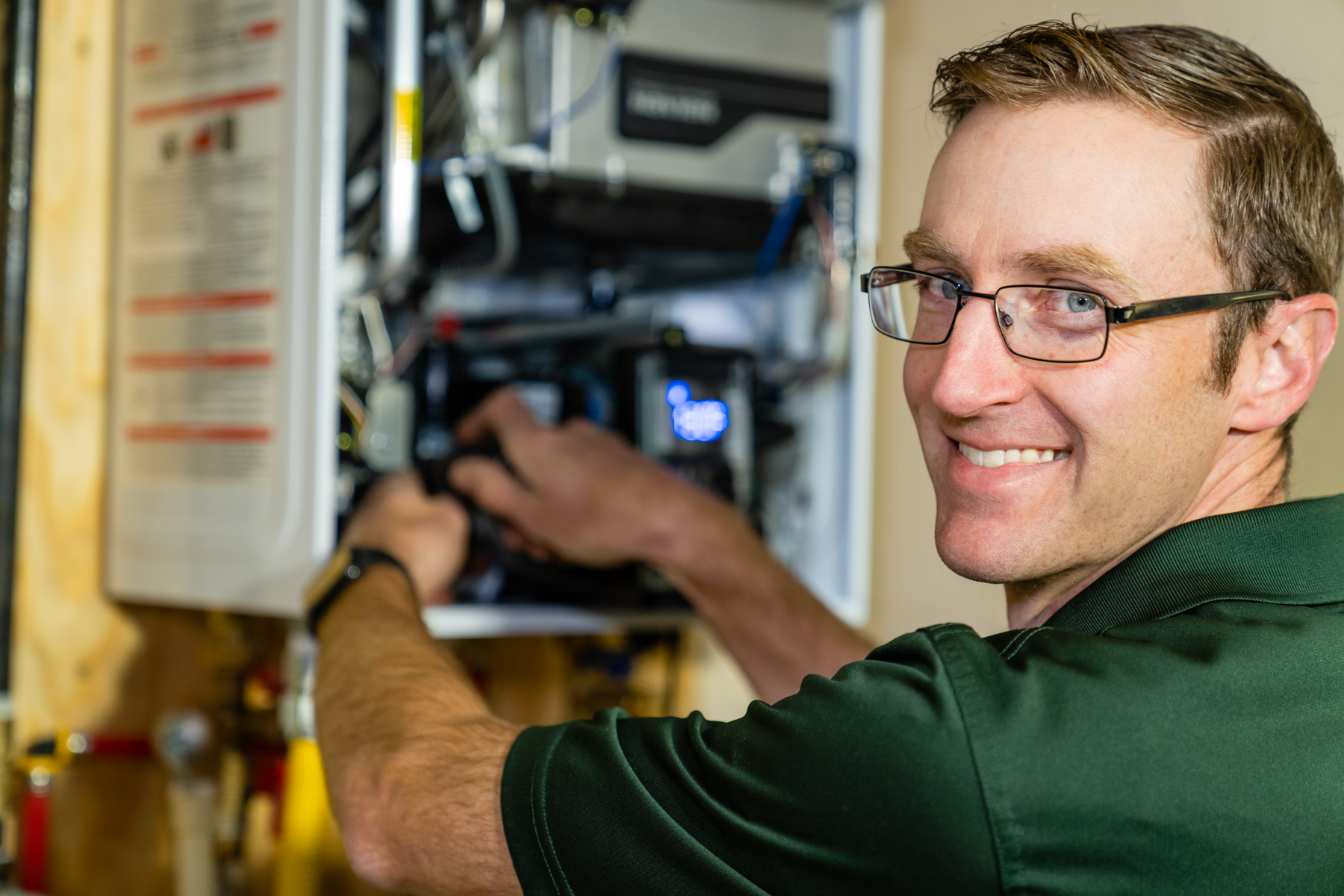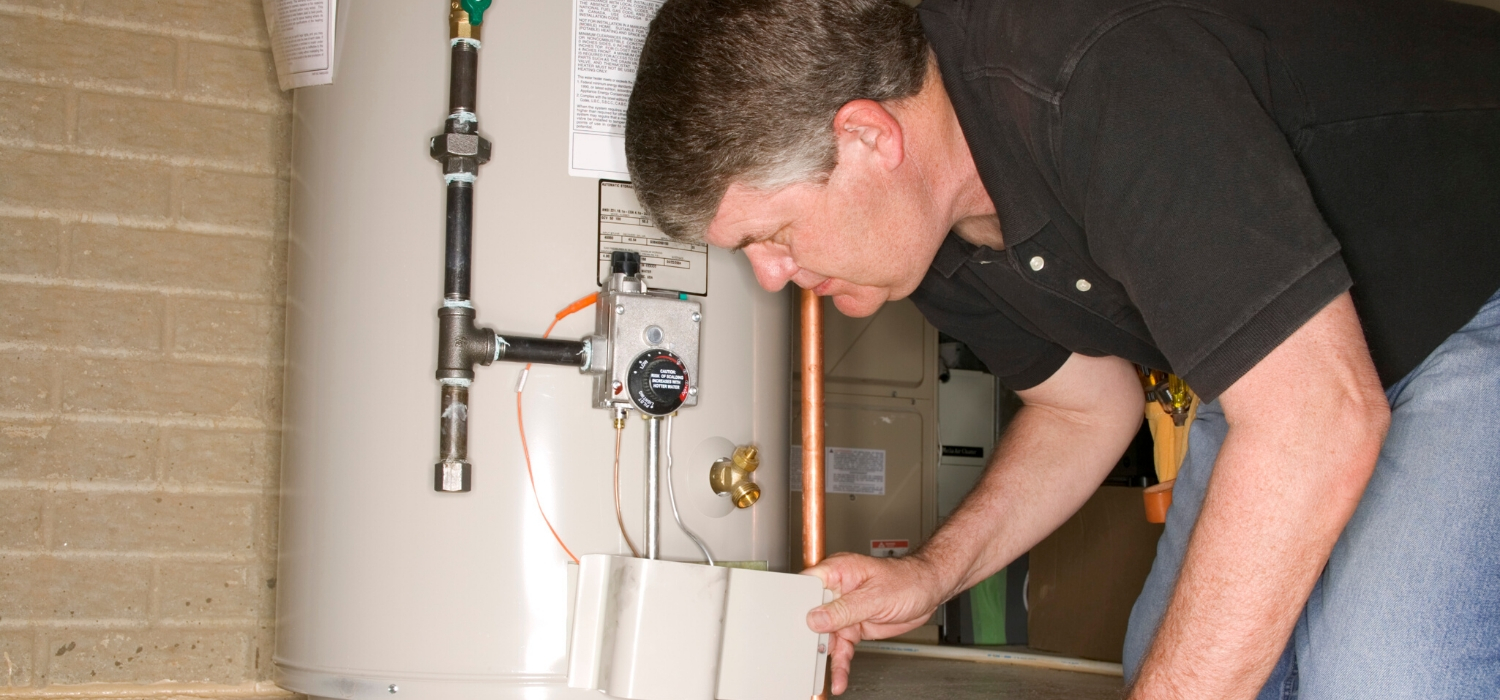Managing the Primary Water Heater Urgencies
Managing the Primary Water Heater Urgencies
Blog Article
Presented here down the page you can get a bunch of excellent points regarding Warning Signs You Need Water Heater Repairs.

A water heater is just one of one of the most crucial basic home appliances that can be found in a house. With hot water heater, you do not require to experience the stress of heating water manually every time there is a requirement to wash, wash, or the meals. Nonetheless, there is constantly a possibility that your water heater would break down just like many mechanical devices.
It is very important to note any type of little malfunction and tackle it swiftly before things get out of hand. Most times, your hot water heater begins to malfunction when there is an accumulation of sediments as a result of constant usage. As a safety measure, periodic flushing of your water heater is suggested to prevent debris build-up and also stop practical failure.
Common hot water heater emergencies as well as how to manage them
Dripping hot water heater tank.
In this circumstance, you need to turn off your water heating system, allow it to cool down, as well as meticulously look for the resource of the problem. At times, all you require to do is to tighten up a couple of screws or pipeline links in cases of small leaks. If this does not work as well as the leakage persists, you might need to employ the services of a service technician for a proper replacement.
Varying water temperature.
Your water heating unit could start generating water of different temperatures usually ice scalding or cold warm. There could be a need to replace either the thermostat or the home heating system of your water heating system.
Too little hot water
It might be that the water heating unit can't sustain the warm water need for your apartment or condo. You could upgrade your water heating system to one with a larger ability.
Discolored or smelly water
You need to understand if the problem is from the container or the water resource when this takes place. If there is no amusing scent when you run cold water, after that you are particular that it is your hot water heater that is faulty. The smelly water can be caused by rust or the buildup of germs or sediments in the hot water heater container. When you notice this, you can attempt flushing out your storage tank or replacing the anode if the trouble continues. The function of the anode is to clean out microorganisms from your storage tank. Given that the anode rod substitute requires a thorough expertise of your water heater, you will require the assistance of an expert.
Final thought
Some house owners neglect little warning and minor faults in their water heater unit. This only leads to more damages and a feasible full malfunction of your appliance. You should manage your water heater faults as quickly as they come up to prevent more expenditures and unneeded emergency difficulties.
With water heaters, you do not need to go with the stress and anxiety of home heating water manually every time there is a requirement to take a bathroom, do the laundry, or the recipes. Your water heater might begin creating water of various temperatures generally ice cold or scalding warm. It might be that the water heater can not support the hot water need for your house. If there is no funny odor when you run chilly water, after that you are particular that it is your water heating system that is faulty. The stinky water can be caused by corrosion or the buildup of microorganisms or debris in the water heating system storage tank.
Water Heater Burst: Why This Happens And What To Do Next
Water Heater Explosion Warning Signs
Since storage water heaters are made of metal and store large volumes of heated water, they carry an increased risk of leaking or even exploding as they begin to rust at the fittings and seams over time. If the thermostat controlling the water temperature within the tank is faulty, or if mineral buildup inside the water heater prevents the thermostat from sensing the water’s temperature correctly, the water could become overheated. This will expand its volume within the tank, causing it to press at the tank’s fittings and seams. If these fittings and seams are rusted or corroded, the pressure could result in a leak or even an explosion.
Here are some risk factors and warning signs of an increased risk of water heater leak or explosion:
Your water heater is more than 10 years old. Your water heater makes clanking, banging or rumbling noises as it heats up, indicating that sediment has built up and hardened inside the tank. There is visible rust on the outside of the water heater, especially located at the pipe fittings or the seams that run down the tank. There is rusty water coming from your water heater, indicating that there may be rust building up inside. Your water heater is leaking, which could indicate either a crack somewhere in the tank or a malfunctioning temperature-and-pressure (T&P) relief valve. What To Do When Water Heater Leaks
If you find water dripping or seeping out of your water heater, or pooling around it, it means your water heater is leaking. If you find a leak, it may be best to call a plumbing professional to diagnose the problem and determine how best to handle it. If you choose to tackle it on your own, there are a few things you can do.
TURN OFF THE POWER
Next, shut off the power to the hot water tank at your home’s electrical breaker box. If you don’t shut off the power, the heating elements within the tank could continue to stay hot, which could pose a fire risk.
If you have a gas-powered water heater, you’ll also need to shut off the gas line leading into the tank.
FIND THE LEAK
Now it’s time to determine where the leak is coming from. Likely locations are the T&P valve, the drain valve or one of the pipes or fittings that feed into the top of the tank. If you see any rust or corrosion on the outside of your water heater’s tank, pipes or fittings, these could also be the source of the leak.
REPAIR THE LEAK
Once you determine the source of your water heater leak, you’ll have a better idea of what steps you need to take to fix the problem. It may be a simple fix—such as using a wrench to tighten fittings or replacing the T&P valve—but it may be something more complicated. You may even need to drain the tank, remove the water heater and install a new one.
https://www.abchomeandcommercial.com/blog/water-heater-burst/

I'm very focused on The Importance of Water Heater Maintenance and I hope you appreciated our page. Sharing is nice. You won't know, you may very well be doing someone a favor. Thanks a lot for your time invested reading it.
Avoid property damage; contact us. Report this page